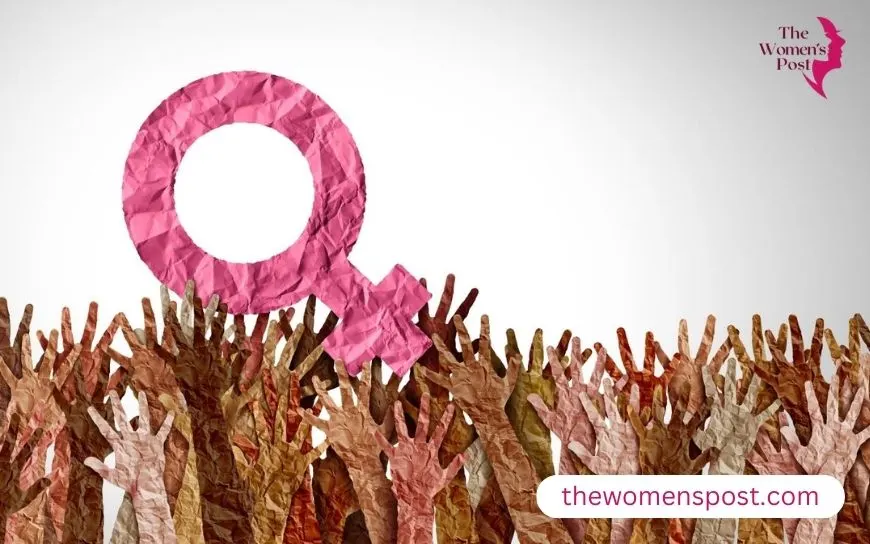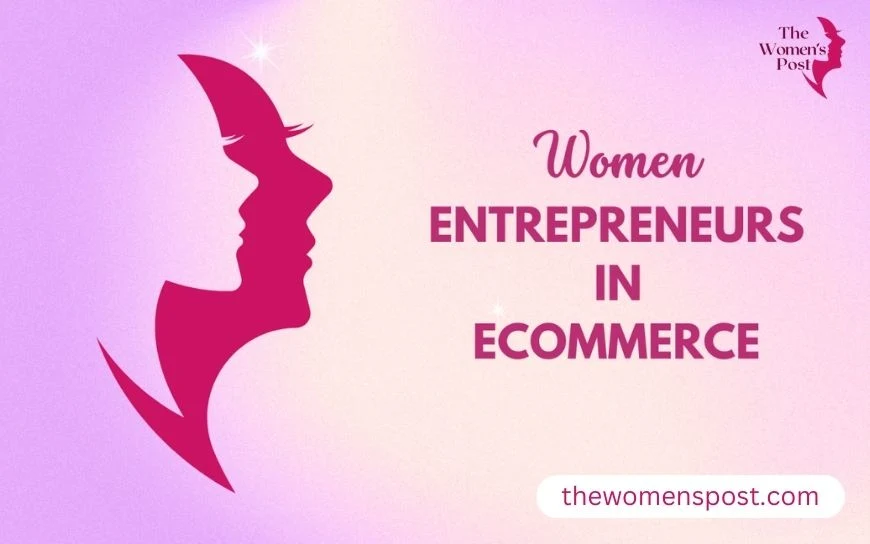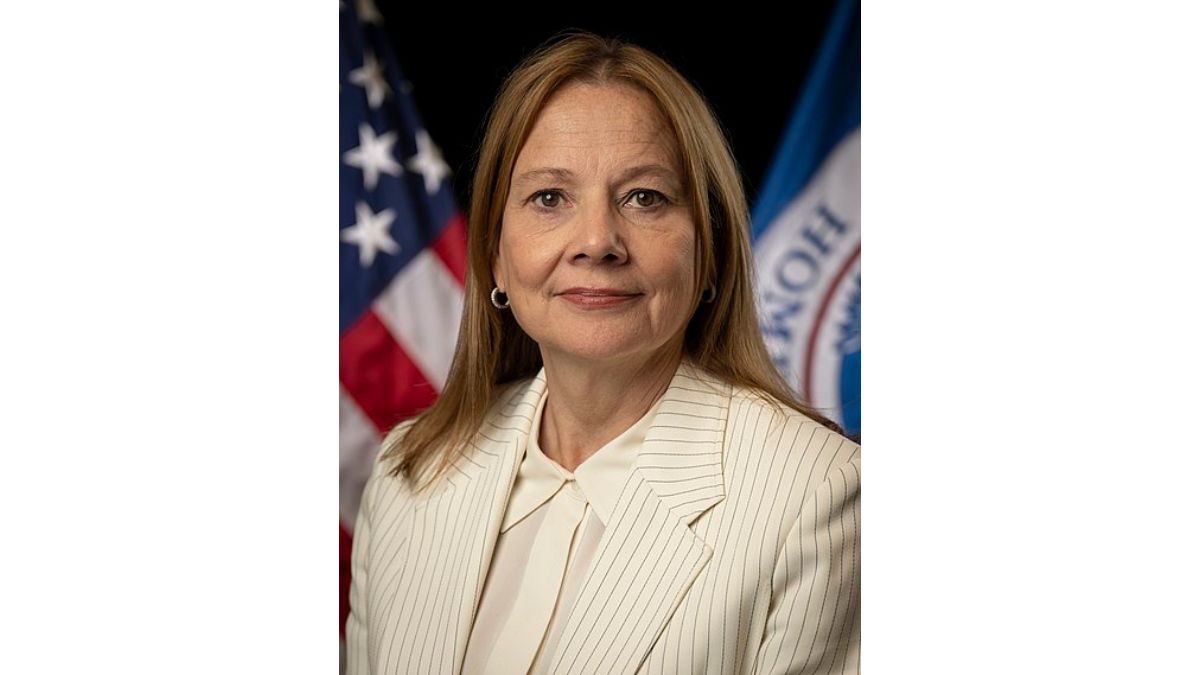Guiding the Global Economy: Kristalina Georgieva’s Role at the IMF

Georgieva began her career as an academic, working as an Associate Professor at the University of National and World Economy in Sofia from 1977 until 1993. During this time, she lectured on microeconomics and environmental economics. Her academic work was supplemented with research and consultancy employment at schools such as the London School of Economics and the Massachusetts Institute of Technology, where she sharpened her skills in environmental policy.
World Bank Tenure
Georgieva moved from academics to international development in 1993, when she joined the World Bank. Her early work encompassed environmental initiatives in East Asia and the Pacific, which mirrored her academic background. She rose through the ranks, eventually becoming Director of Environment and Director of Environment and Social Development for the East Asia and Pacific Region. Her leadership in these positions demonstrated her dedication to incorporating environmental concerns into economic development initiatives.
Georgieva became the World Bank’s Director for Sustainable Development in 2008, supervising agricultural, infrastructural, and environmental programs. Her work emphasised the need of sustainability in development initiatives, pushing for laws that strike a balance between economic growth and environmental protection.
European Commission
Georgieva was appointed as the European Commissioner for International Cooperation, Humanitarian Aid, and Crisis Response. In this role, she oversaw the European Union’s humanitarian aid budget and coordinated responses to worldwide catastrophes such as natural disasters and wars. Her term was distinguished by attempts to improve the efficiency and efficacy of the EU’s humanitarian operations, garnering her the title “European of the Year” in 2010.
Georgieva was the European Commission’s Vice President for Budget and Human Resources from 2014 and 2016. She was in charge of managing the EU’s budget and people, with an emphasis on fiscal efficiency and institutional change. Her leadership during this time helped to simplify processes at the European Commission, aligning financial resources with policy goals.
Return to the World Bank
Georgieva returned to the World Bank in 2017 as its CEO. In this job, she was responsible for mobilising resources for long-term development and poverty reduction. Her term includes a brief stint as Interim President of the World Bank Group in early 2019, where she continued to fight for policies that promote economic resilience and equitable growth.
Leadership in the International Monetary Fund
Georgieva made history on October 1, 2019, when she became the IMF’s first Managing Director from an emerging market nation. Her nomination comes amid considerable global economic concerns, including as trade tensions and decreasing GDP. Under her leadership, the IMF has handled challenging challenges like as the economic consequences of the COVID-19 epidemic, giving financial aid and policy support to member nations.
The COVID-19 epidemic created an unprecedented economic catastrophe, and Georgieva quickly mobilised the IMF to assist its member countries. She advocated for a $650 billion grant of Special Drawing Rights (SDRs) to boost global liquidity, guaranteeing that fragile economies could access critical resources. She also pushed for debt relief for the world’s poorest countries and more international collaboration to promote a strong and inclusive recovery.
Georgieva emphasised the necessity of “building forward better,” asking governments to implement measures that address both urgent economic issues and set the basis for a greener, more sustainable future. She has constantly emphasised the need of climate-resilient economic strategies, underlining the IMF’s role in mitigating global climate threats.
Georgieva was appointed to a second term by the IMF’s Executive Board in April 2024, beginning October 1, 2024, in recognition of her outstanding governance. Her sustained leadership is likely to be focused on resolving global economic uncertainty, fostering sustainable development, and enhancing the international financial system’s resilience.
Personal Life and Recognition
Georgieva is well-known for her commitment to her family, in addition to her professional successes. She is married with one child. Her contributions to economics and international development have received global recognition, including several prizes and honours. These honours demonstrate her impact and dedication to promoting economic policies that promote sustainability and alleviate poverty.
Kristalina Georgieva’s work reflects her steadfast devotion to economic progress, environmental sustainability, and international collaboration. From her academic beginnings in Bulgaria to her leadership of global financial institutions, she has always advocated for policies that promote economic growth while also addressing social and environmental concerns. Her leadership at the IMF continues to drive global economic strategies, tackling modern issues while emphasising resilience and diversity.
Also read: Maria Ressa: The Fearless Voice of Philippine Journalism









